Treatment Programs for Addiction: Types & Options for Adults
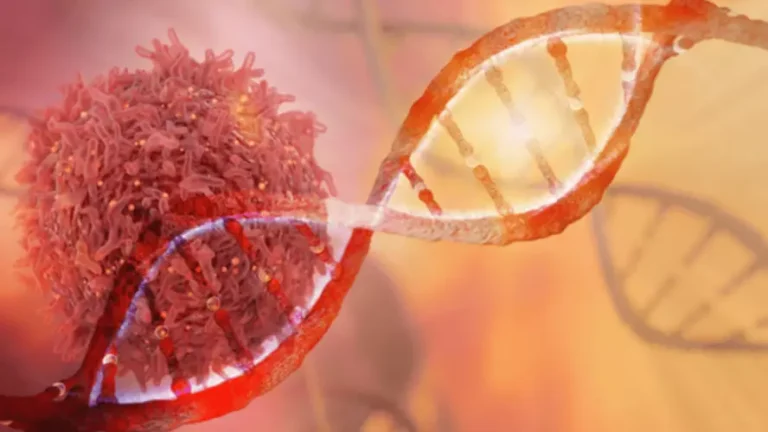
Withdrawal from different categories of drugs — such as depressants, stimulants or opioids — produces different side effects and requires different approaches. Detox may involve gradually reducing the dose of the drug or temporarily substituting other substances, such as methadone, buprenorphine, or a combination of buprenorphine and naloxone. For diagnosis of a substance use disorder, most mental health professionals use criteria in the Diagnostic and Statistical Manual of Mental Disorders (DSM-5), published by the American Psychiatric Association. Research also shows that these medications and therapies can contribute to lowering a person’s risk of contracting HIV or hepatitis C by reducing the potential for relapse.
Can addiction be treated successfully?
- Each program has its own costs, so it’s important to understand how to pay for treatment.
- People in luxury treatment typically have their own private rooms, while many other standard inpatient programs may require that patients share a room.
- Because of this, people are encouraged to participate in aftercare after they’ve completed a rehab program.
Funding will support evidence-based, holistic practices that address the overdose crisis. In August, Bio-Path provided an update from its ongoing Phase 1/1b clinical trial of BP1001-A in solid tumor patients and reported continued patient progress from its ongoing Phase 2 triple combination study of prexigebersen in Acute Myeloid Leukemia. The company also reported completion of enrollment in the third dosing cohort of its ongoing Phase 1/1b clinical trial evaluating BP1002 for refractory/relapsed acute myeloid leukemia (AML) patients, including venetoclax-resistant patients.
Mental Health Awareness Month
These medicines can reduce your craving for opioids and may help you avoid relapse. Medicine treatment options for opioid addiction may include buprenorphine, methadone, naltrexone, and a combination of buprenorphine and naloxone. Polysubstance abuse should be factored into treatment beyond detox, as well.
Products & Services
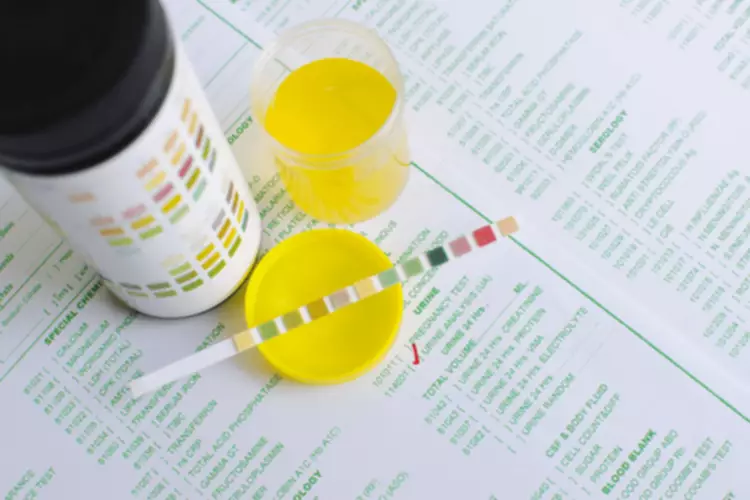
Please review the following tables to determine changes to our specialty medical injectable drug programs. The drugs on the initial list aim to target common conditions such as high cholesterol and high blood pressure — they include penicillin, metformin, and inhalers. 2 in 3 adults who ever had a mental health problem considered themselves to be recovering or in recovery. Many Veterans have problems with the use of alcohol, tobacco, street drugs, and prescription medicines. Drug diversion programs are substance abuse in older adults helping criminal suspects overcome substance use disorder.
Office of the Chief Medical Officer (OCMO)
Medical detox is a group of interventions intended to manage withdrawal and achieve medical stability. Medications are often crucial in assisting a person during this uncomfortable and sometimes painful process. Medications can help to reduce cravings, mitigate withdrawal symptoms, and prevent complications. Not all substance withdrawal syndromes can be treated with detox medications, however; for example, there are no medications specifically approved for managing stimulant dependence and withdrawal. In some cases, medical professionals may administer supportive medications, such as antidepressants.
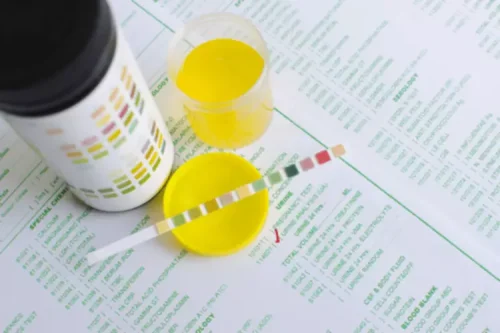
Blood, urine or other lab tests are used to assess drug use, but they’re not a diagnostic test for addiction. Many treatment programs have rules that you’re required to follow while you’re enrolled in their program. The number one rule is always a zero-tolerance policy for drugs and alcohol. Others may forbid cell phones and other electronics, such as iPads or laptops. Some programs allow visitors on a set schedule, while others don’t allow visitors either at all or for a certain period of time at the start of treatment.
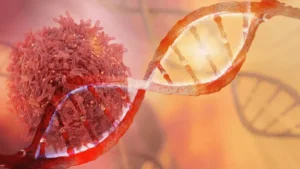
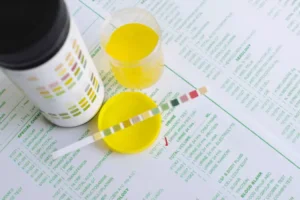
According to the World Health Organization (WHO), naloxone is one of a number of medications considered essential to a functioning health care system. Learn how medications can be used to treat substance use disorders, sustain recovery and prevent overdose. Because addiction can affect so many aspects of a person’s life, treatment should address the needs of the whole person to be successful. Counselors may select from a menu of services that meet the specific medical, mental, social, occupational, family, and legal needs of their patients to help in their recovery.
